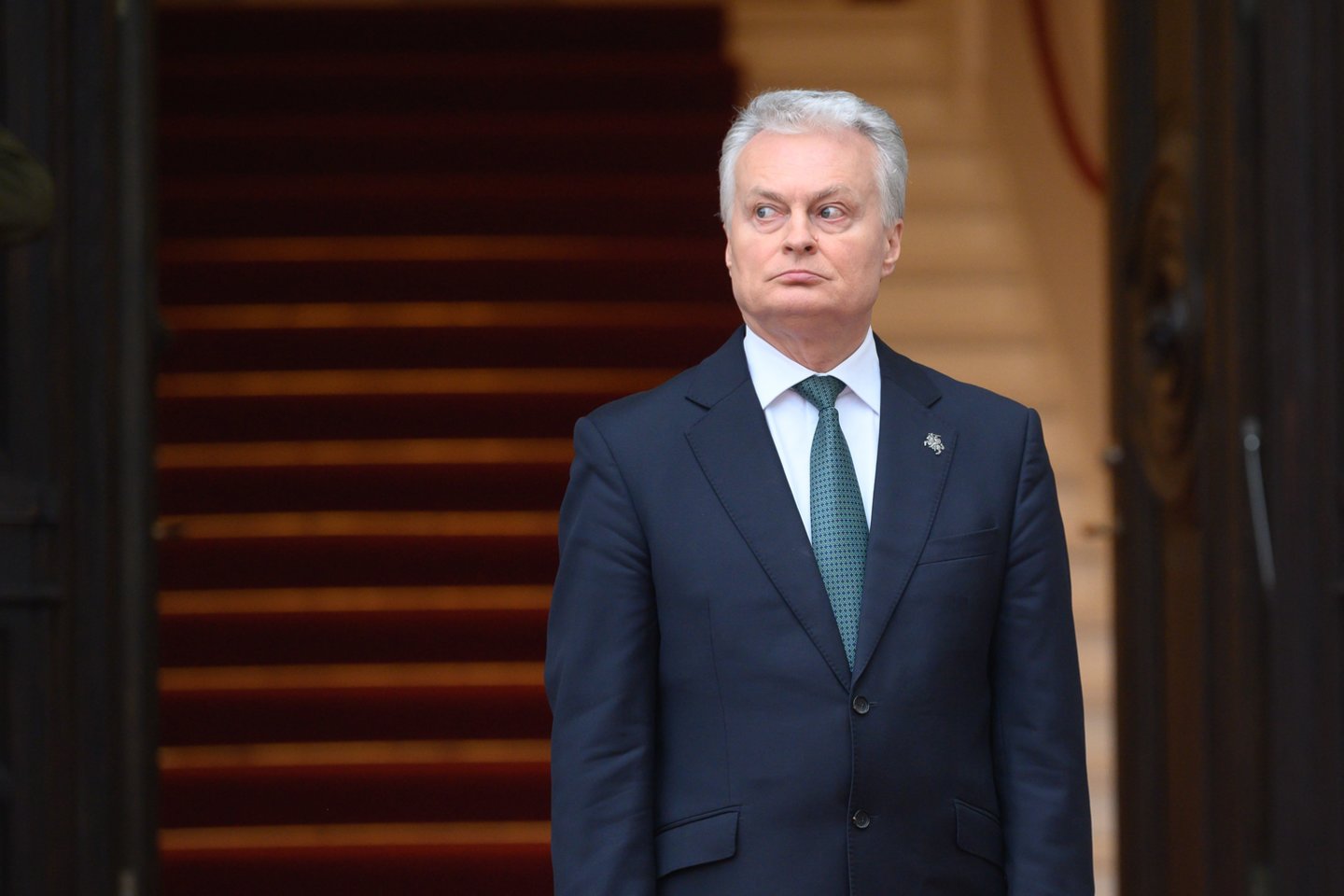Support for Nausėda, seeking a second term in office, remains high. In March, 30.4% of respondents would have voted for the incumbent President, compared to 28.5% in February.
According to the survey, the current Head of State is equally popular among all socio-demographic groups.
Nausėda's closest rivals are the lawyer Ignas Vėgėlė and the Prime Minister Ingrida Šimonytė.
In March, 11.9% of respondents wanted to support lawyer Ignas Vėgėlė, while in February – 13.4%.
Polls show that the lawyer who is running for the presidency has the highest number of sympathisers among people with lower and middle education, lower and middle incomes, and residents of district centres and rural areas.
At the same time, 10.1% of the population would support the Head of Government, Šimonytė, next to him in the ranking table, compared to 12.8% in February.
The politician representing the Homeland Union-Lithuanian Christian Democrats (TS-LKD) in the elections receives the most support from metropolitan residents and respondents with higher education and incomes.
Furthermore, the former Chairman of the Constitutional Court (KT), Dainius Žalimas, and the parliamentarian Remigijus Žemaitaitis, who is accused of antisemitism, are also in the spotlight.
In March, 5.8% of respondents supported the Libertarian Dainius Žalimas, while in February – 4.3%. His rival, Mr Žemaitaitis, would receive 4.2% vote, compared to 4.7% in February.
The lowest positions in the ranking table were occupied by Eduardas Vaitkus, a doctor, and Aurelijus Veryga, a Peasant candidate who has already withdrawn from the elections.
At the beginning of April, 3.1% of respondents would support the candidacy of Vėgėlė, and 3.1% would support Veryga, who has decided to withdraw from the elections, compared to 2.6% in February.
At the same time, 2.6% of the population was willing to vote for Vaitkus in March and 1.7% in February.
According to the survey, 7.6 per cent of respondents would have chosen a different candidate in March than the previous ones. However, other well-known candidates for the post of the country's leader received less than 2 per cent of the votes.
According to the poll, 16.2% of the population had yet to decide which candidate they would vote for, while 8.1% said they did not intend to vote.
The public opinion and market research company Spinter Research conducted a public opinion poll on 18–28 March 2024 on behalf of the Delfi news portal. The survey was carried out among people aged between 18 and 75 using a combined telephone and online survey method. The survey covered 1009 respondents.
The survey results have a margin of error of 3.1 per cent.

